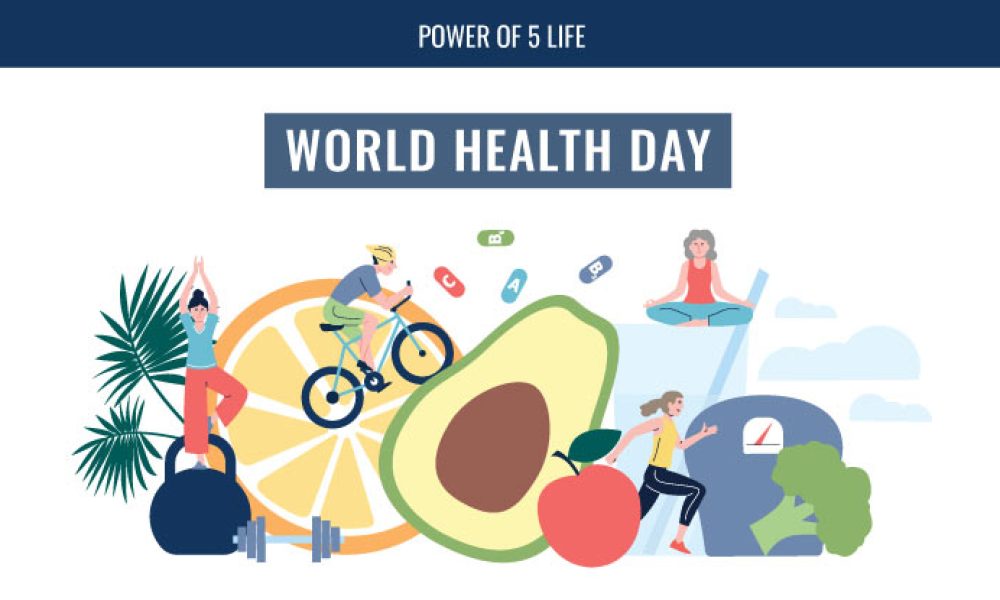Remember when there were just a few special days each year? Today, there’s a plethora of monthly observances. This April, let’s celebrate World Health Day (April 7) by exploring a critical factor impacting global health: individual well-being.
Global Health Disparities
Health outcomes vary dramatically depending on location and socioeconomic status. Even within developed nations like the US, disparities exist. Imagine the stark contrast between health metrics in Manhattan’s affluent midtown and impoverished uptown areas.
In non-industrialized nations, access to food, medicine, sanitation, and public health programs is limited, fundamentally altering the meaning of “health.” The eradication of polio through global vaccination efforts demonstrates the power of collective action.
The Challenge of Our Time
The Organization for Economic Co-operation and Development (OECD) countries have seen increased life expectancies due to public health initiatives. However, recent trends, particularly in the US, indicate a concerning decline.
The Path to a Longer Health Span
Scientists project a potential lifespan of 100-120 years for those born today. Achieving this requires a multi-pronged approach.
- Reducing mortality rates:
- Addressing infant and childbirth mortality
- Combating preventable deaths among young adults, including gun violence and the opioid epidemic
- Prioritizing public health initiatives:
- Boosting vaccination education and implementation
- Addressing preventable illnesses caused by infections
- Tackling lifestyle-related challenges:
- Poor nutrition habits
- Stress and work-related pressures
- Physical inactivity
- Social isolation
World Health Day: Individual and Collective Responsibility
We can advocate for our elected officials to prioritize public health initiatives, including:
- Reducing infant mortality
- Strengthening maternal infrastructure
- Expanding public health programs addressing both education and access to health professionals
Additionally, we must acknowledge the toll violence and the opioid crisis have taken on American lives.
Empowering Ourselves for Healthier Lives
Governmental approaches haven’t always prioritized individual health. Schools have cut back on physical education, and societal pressures often downplay the importance of sleep and stress management. The food industry has contributed with excessive sugar, oversized portions, and questionable food practices.
This information overload can be overwhelming. To navigate it, we must become educated consumers, make informed dietary choices, and implement personalized plans for a longer, healthier life … on World Health Day and every day!
The Solution: the Power of 5
As a physician specializing in healthy aging, I’ve developed the Power of 5 formula easily accessible in paperback, ebook format, and an online course. It provides a framework for achieving longevity and vitality. The Power of 5 elements target:
- Sweets (sugar management)
- Sweat (exercise and physical activity)
- Stress (management techniques)
- Sleep (optimizing sleep hygiene)
- Sex (maintaining intimacy)
Stay tuned during the coming months for blog posts exploring each of these key areas. Be empowered to take charge of your health! Since April is also Stress Awareness Month, I’ll focus on Stress first.




